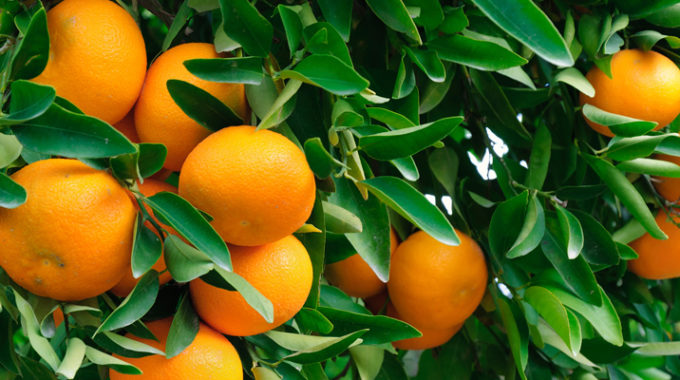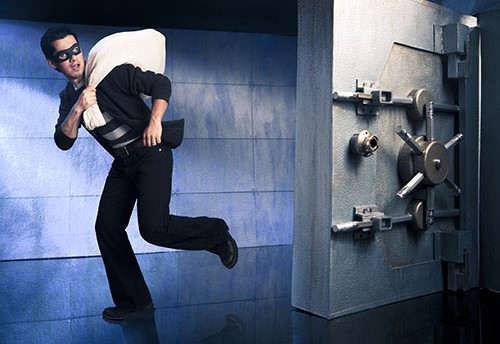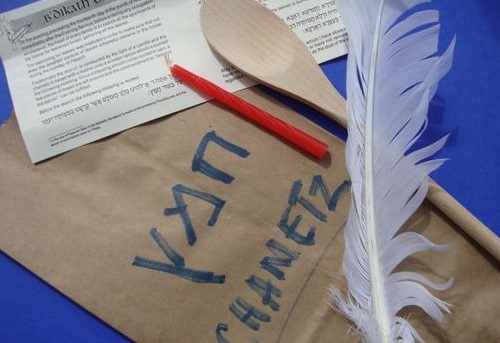Adapted from the writings of Dayan Yitzhak Grossman April 11, 2024 The Los Angeles Times…

Bais HaVaad on the Parsha, Parshas Acharei Mos-Kedoshim
Nixed Blessing
Excerpted and adapted from a shiur by Rav Ari Stauber
April 22, 2021
And in the fourth year, all its fruit shall be holy, a praise to Hashem.
Vayikra 19:24
The Gemara (Brachos 35a) attempts to derive the obligation to praise Hashem by reciting brachos from this pasuk, though it eventually concludes that the source is logic. Among the principles of hilchos brachos are not reciting a bracha (or Hashem’s name at all) unnecessarily and not reciting a bracha in cases of doubt.
According to the Gemara (Temurah 4a), there are multiple levels of violation involved in saying Hashem’s Name unnecessarily. One who does so in a shvuas shav (swearing in vain) has violated the prohibition of lo sisa (Shmos 20), while one who simply mentions the Name for no reason violates the positive mitzvah of es Hashem Elokecha tira (Devarim 10). Tosafos (Rosh Hashanah 33a) adds that one who recites a bracha levatalah has violated lo sisa Rabbinically. But the Rambam compares that case to shvuas shav, which many Acharonim maintain is an issur d’Oraisa (Magein Avraham, R’ Akiva Eiger, Tzlach).
The general rule is safek brachos lehakel (we are lenient in cases of uncertainty regarding brachos). According to the P’nei Yehoshua, this is due to the general rule that safek deRabanan lekula (one is lenient in cases of doubt in Rabbinic matters). But according to R’ Akiva Eiger, it’s due to concern about violating lo sisa.
In the case of birchos hanehenin (brachos on benefiting from this world, such as on food), Rishonim dispute whether the principle of safek brachos applies. The Rif holds that if one is unsure he made a bracha, he should not repeat it, but the Ri says he should.





